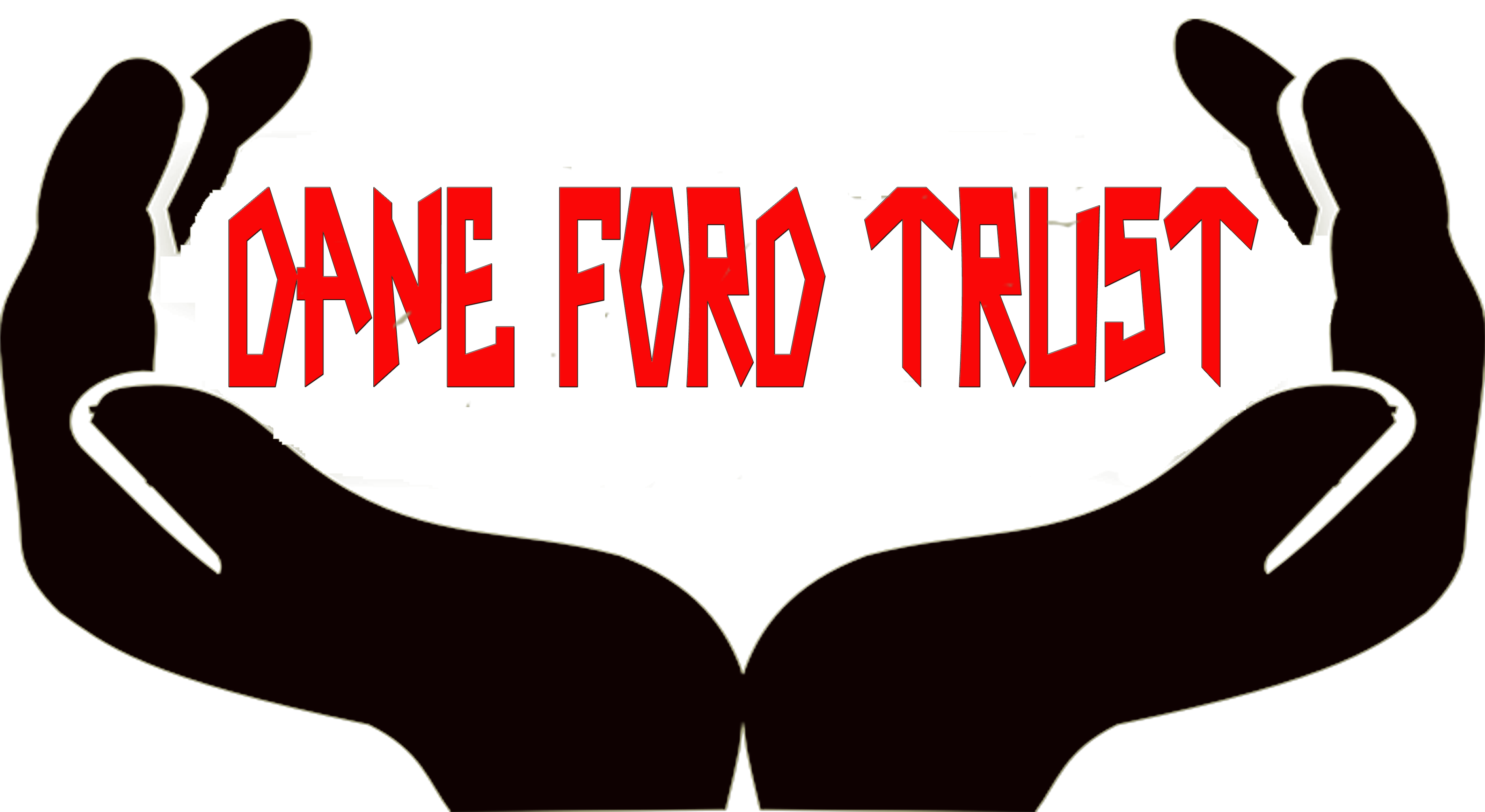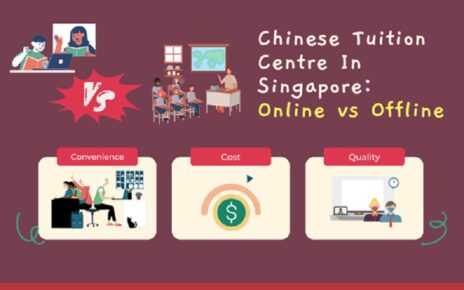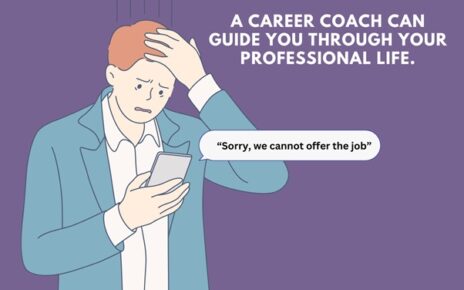Education is the cornerstone of human development and progress. It is a transformative force that empowers individuals, shapes societies, and drives positive change. From the earliest forms of teaching and learning to the modern educational systems we have today, education has consistently played a vital role in shaping the trajectory of human civilization. In this article, we will explore the unique aspects of education that make it such a powerful tool for personal growth and societal advancement.
One of the key features of education is its ability to unlock the full potential of individuals. Through education, people acquire knowledge, skills, and competencies that enable them to navigate the complexities of the world and reach their goals. Education provides a platform for personal growth, fostering critical thinking, creativity, and problem-solving abilities. It equips individuals with the tools they need to lead meaningful lives, pursue their passions, and contribute to society.
Moreover, education serves as a catalyst for social mobility. It has the power to break the cycle of poverty and inequality by offering equal opportunities for all. Education is a great equalizer, bridging gaps between socioeconomic classes and leveling the playing field. When individuals have access to quality education, regardless of their background, they can transcend limitations and pursue a better future. Education empowers individuals to dream big, set ambitious goals, and work hard to achieve them.
Furthermore, education plays a crucial role in fostering empathy, understanding, and tolerance. By exposing individuals to diverse perspectives, cultures, and ideas, education promotes inclusivity and helps build cohesive societies. It cultivates respect for others, encourages dialogue, and nurtures a sense of global citizenship. Education empowers individuals to embrace diversity and work towards a more inclusive and harmonious world.
Another unique aspect of education is its capacity to drive innovation and progress. Education fuels scientific and technological advancements, propelling societies forward. It fosters a spirit of curiosity, inquiry, and experimentation, leading to breakthroughs in various fields. Through education, individuals develop the skills necessary to push boundaries, challenge conventions, and create new knowledge. Education shapes the innovators, inventors, and thought leaders who drive societal change.
In addition, education instills a lifelong love for learning. It encourages individuals to become lifelong learners, continuously seeking new knowledge and adapting to a rapidly evolving world. Education equips individuals with the tools to navigate the information age, critically evaluate sources, and engage in lifelong intellectual growth. It fosters intellectual curiosity, intellectual humility, and a thirst for knowledge that extends beyond formal educational settings.
Lastly, education cultivates a sense of civic responsibility and active citizenship. It equips individuals with the knowledge and skills to participate meaningfully in democratic processes, advocate for their rights, and contribute to the betterment of society. Education nurtures informed and engaged citizens who can analyze complex societal issues, make informed decisions, and actively participate in shaping the future.
In conclusion, education is a unique and transformative force that empowers individuals, shapes societies, and drives progress. It unlocks human potential, promotes social mobility, fosters empathy and understanding, drives innovation, instills a love for learning, and cultivates active citizenship. Investing in education is investing in the future—a future where individuals are empowered to reach their full potential and contribute to the betterment of society. Let us recognize the immense value of education and work towards ensuring equitable access to quality education for all, because education truly has the power to change lives and shape a brighter future for generations to come.





